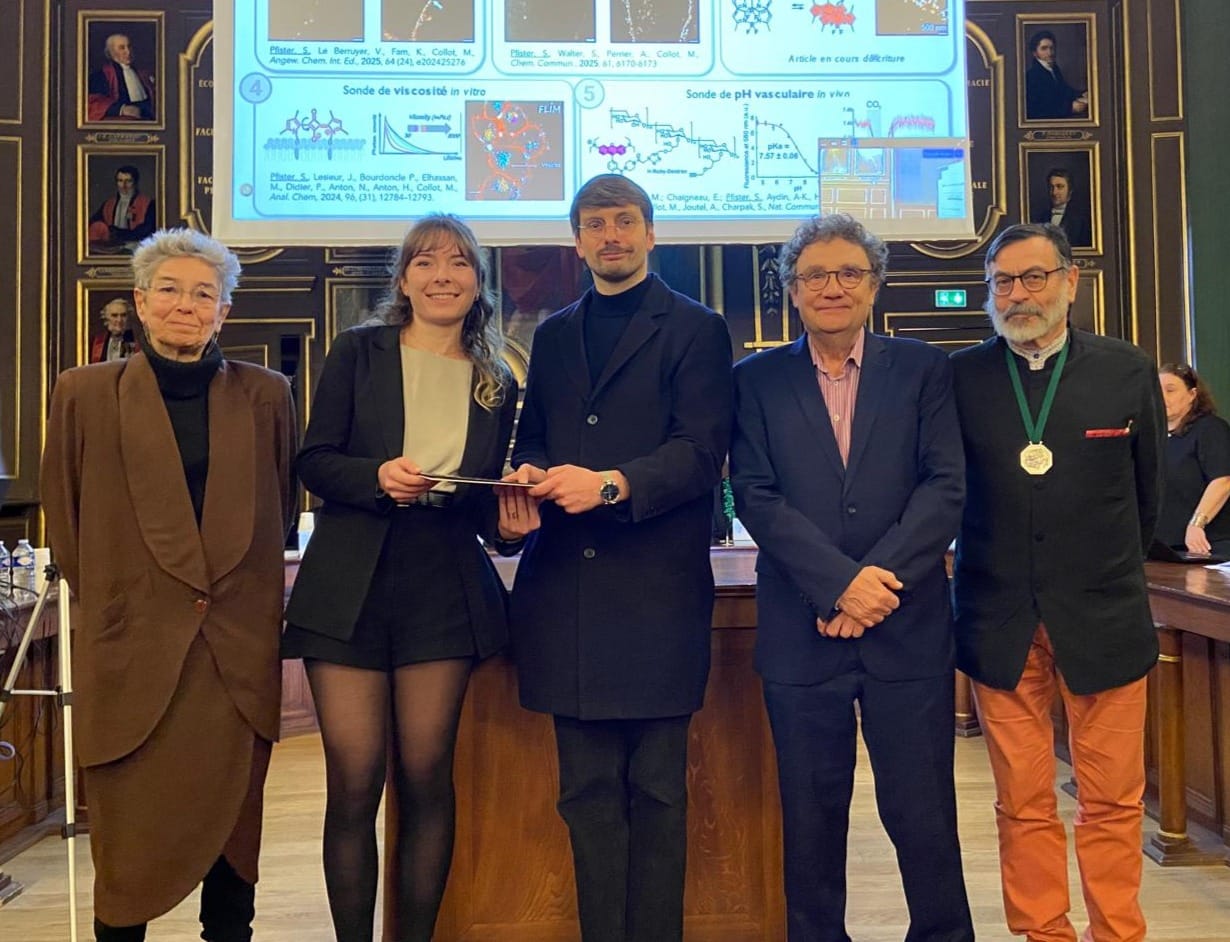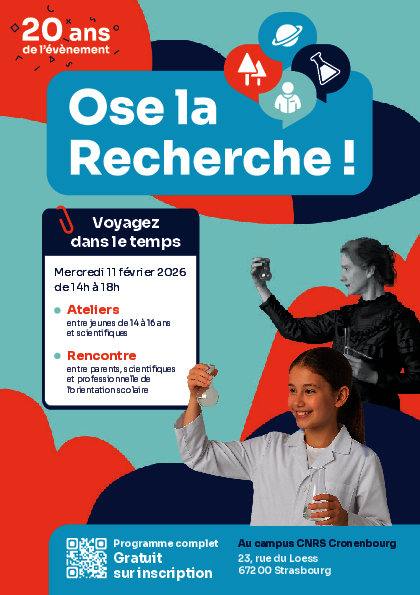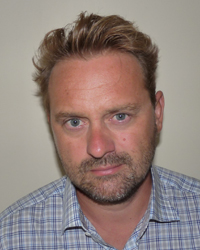Presentation
The Laboratory of Synthetic and Therapeutic Chemobiology (Laboratoire de chémo-biologie synthétique et thérapeutique – CBST) is under the supervision of the University of Strasbourg and the French National Centre for Scientific Research (Centre national de la recherche scientifique – CNRS Chemistry). It pursues scientific excellence in the field of chemistry-biology, with the aim of meeting the challenge of chemistry for health.
Its activity focuses on several approaches such as the design of bioactive molecules capable of responding to their environment, the development of new reactions on living organisms, or the controlled delivery of active principles for therapeutic purposes. The pathologies targeted by its research include cancer, lung disease, nervous system disorders and cardiovascular disease.
The laboratory brings together a community of chemists and biologists and is located at the Faculty of Pharmacy on the south campus in Illkirch-Graffenstaden. It comprises 4 research teams and 2 technical platforms dedicated to organic synthesis and biology.
Research topics
Ionic Channel Engineering (ICI)
Director: Thomas Grutter
The team conducts its research activities at the interface between biophysics, biology and chemistry, and aims to understand the molecular and cellular mechanisms underlying the normal or pathological functioning of ion channels, by combining techniques for recording currents using patch-clamp electrophysiology and the creation of mutations using molecular biology, with the use of innovative chemo-biological tools.
BioFunctional Chemistry (BFC)
Directors: Guilhem Chaubet and Alain Wagner
This team conducts its research activities at the interface between chemistry and biology and aims to implement chemical strategies for interaction with biological media (cells, biomolecules, plasma). The development of these strategies is based on the development of reagents, synthesis protocols and techniques, and specialised equipment to study and modify these biological components (bioconjugation, microfluidic analysis, bioorthogonal chemistry).
Smart Nanoparticles (NPs)
Directors: Françoise Pons & Alexandre Specht
The team focuses its activities on the design and study of intelligent delivery systems capable of delivering the right amount of a therapeutic agent to the right place at the right time, while enabling a diagnosis of the targeted pathology to be established, in order to achieve personalised treatment.
Chemistry of Photoresponsive Systems
Director: Mayeul Collot
This team's activity focuses on the synthesis and development of systems responsive to light irradiation for applications in bioimaging, exploration and analysis of living organisms.
Major events and works
- F. A. Peralta, M. Balcon, A. Martz, D. Biljali, F. Cevoli, B. Arnould, A. Taly, T. Chataigneau, T. Grutter « Optical control of PIEZO1 channels », Nature Communications, (2023) doi : 10.1038/s41467-023-36931-0
- A. Brion, J. Chaud, J. Léonard, F. Bolze, S. Chassaing, B. Frisch, B; Heurtault, A. Kichler, A. Specht « Red Light-Responsive Upconverting Nanoparticles for Quantitative and Controlled Release of a Coumarin-Based Prodrug », Advanced Healthcare Materials, (2023) doi: 10.1002/adhm.202201474
- L. Saladin, V. Breton, O. Dai Pra, A. Klymchenko, L. Danglot, P. Didier, M. Collot « Dual‐Color Photoconvertible Fluorescent Probes Based on Directed Photooxidation Induced Conversion for Bioimaging », Angewandte Chemie International Edition, (2022) doi : 10.1002/anie.202215085
- Projet Européen ITN TACT et Vernissage de l'exposition « Comprendre les thérapies ciblées dans le traitement du cancer : les ADC au banc d'essai » (2024)




